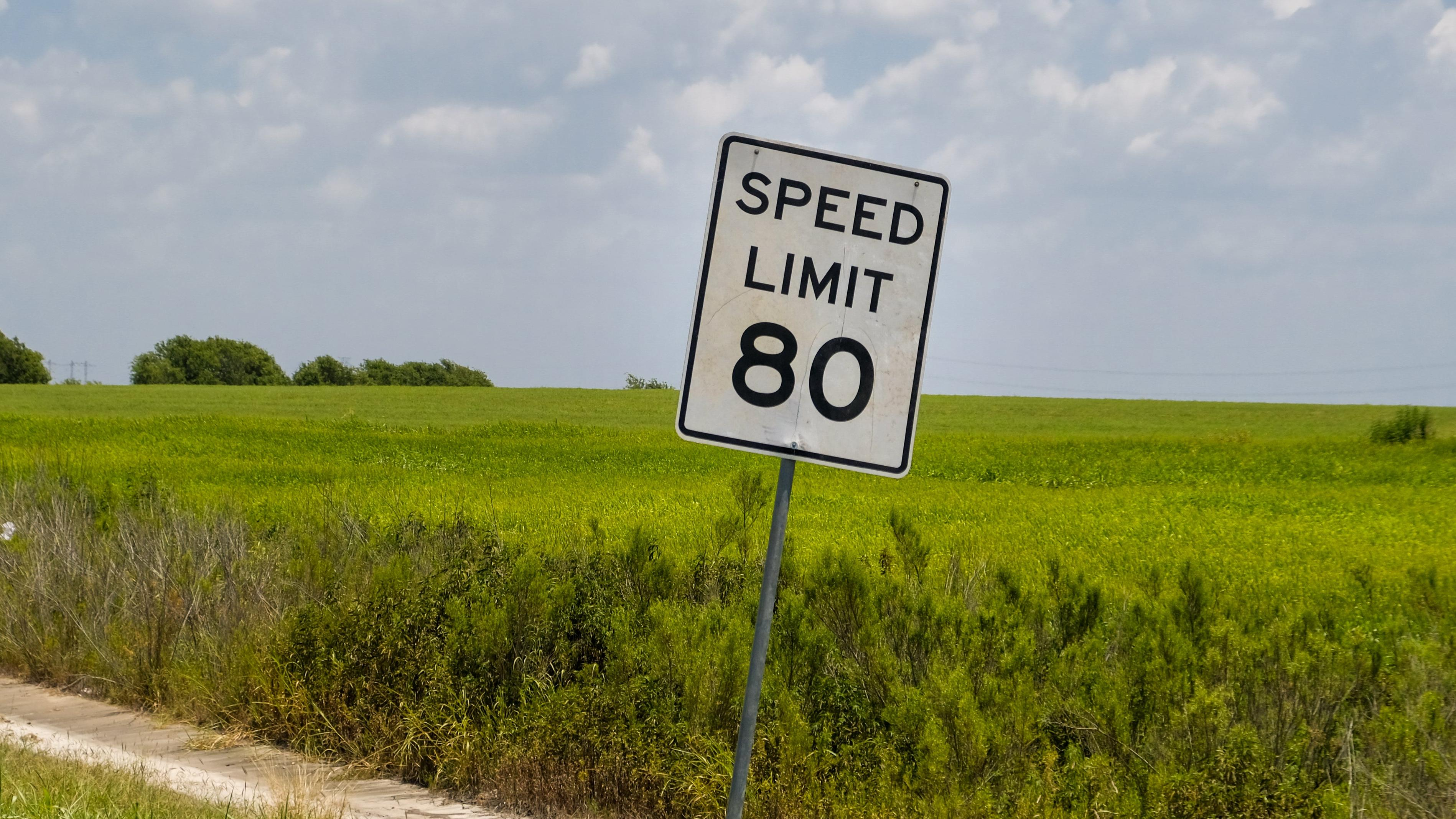North Dakota's Governor Vetoes Highway Speed Limit Increase To 80 MPH
The speed limit increase could become law on its fifth attempt alongside the primary enforcement of seat belt laws.
North Dakota Governor Doug Burgum vetoed a bill that would have increased highway speed limits in North Dakota from 75 mph to 80 mph. Road safety is the main reason that the Republican governor didn't sign the bill into law. State Representative Ben Koppelman, the bill's sponsor in the state legislature, says the proposal will stand a better chance of becoming law if the legislature first allows primary enforcement of seat belt laws. This is the fourth time that Koppelman has attempted to raise North Dakota's speed limit.
In case you missed it:
-
Study Explores How Long Electric Vehicle Batteries Really Last
-
Fordlandia: Henry Ford's Abandoned Company Town in the Amazon Rainforest
House Bill 1475 is a half-page in length. The bill's amendment to North Dakota state law is only a single sentence, "Eighty miles an hour on access-controlled, paved and divided, multilane interstate highways, unless otherwise permitted, restricted, or required by conditions." HB1475 passed in the state's House of Representatives 65 to 29 and then narrowly passed in the state's Senate 25 to 21. However, Governor Burgum refused to sign the bill.
According to the Bismarck Tribune, Governor Burgum's veto message stated that the bill would increase "both the risk of speed-related crashes and the potential severity of such crashes." Approving the law would directly conflict with Governor Burgum's Vision Zero initiative, which he introduced to North Dakota in 2018. Vision Zero originated in Sweden during the 1990s and aimed to reduce traffic deaths to zero by implementing sensible measures to improve road safety.
Representative Koppelman told the Bismarck Tribune, "I believe if the primary seat belt bill passes, I believe we'll have a better chance of getting 80 mph through this session." The Republican legislator is referring to the primary enforcement of seat belt laws, where police officers can pull over a vehicle because the driver or another occupation isn't wearing a seat belt. The Governor has voiced support for the idea of allowing an 80 mph speed limit alongside a primary seat belt bill.
It has been proven in other states that increasing highway speed limits does cause more crashes and injuries. Reducing speed limits has also proven to make roads safer. At slower speeds, drivers have more time to react to the vehicles around them. If a state wants higher speed, it need better drivers.
